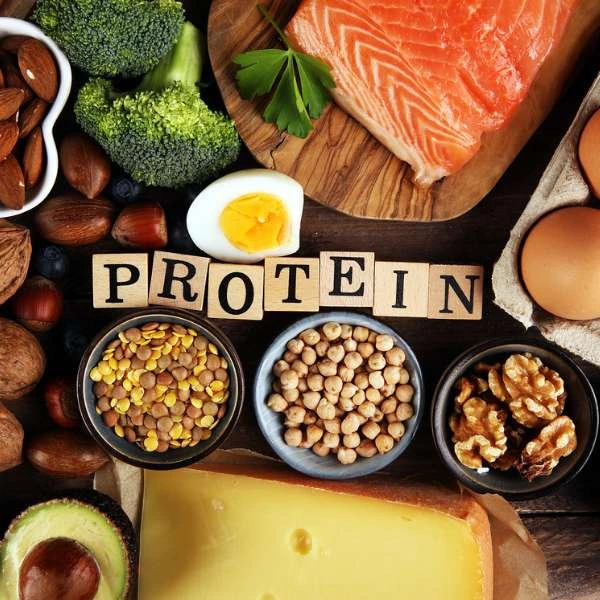Complete vs. Incomplete Proteins
Protein is an essential macronutrient that plays a crucial role in our bodies, from building and repairing tissues to supporting immune function and hormone production. However, not all proteins are created equal. Understanding the difference between complete and incomplete proteins can help you make informed dietary choices to meet your nutritional needs. In this blog, we`ll explore what these terms mean, their sources, and how to incorporate them into your diet.
What Are Proteins?
Proteins are made up of smaller units called amino acids, which are linked together in various sequences to form different proteins. There are 20 different amino acids, and our bodies can synthesize 11 of them. The remaining nine are essential amino acids (EAAs) that must be obtained through our diet.

Complete Proteins
Definition:
Complete proteins contain all nine essential amino acids in sufficient quantities needed for the body. These proteins are crucial for various bodily functions, including muscle growth, tissue repair, and overall health.
Sources:
Complete proteins are typically found in animal-based foods, including:
Meat: Beef, chicken, turkey, and pork
Fish and Seafood: Salmon, tuna, and shrimp
Dairy Products: Milk, cheese, and yogurt
Eggs: A versatile source of high-quality protein
Some plant-based sources also offer complete proteins, such as:
Quinoa: A versatile grain high in protein
Soy Products: Tofu, tempeh, and edamame
Chia Seeds: A nutrient-dense source of complete protein
Benefits
Muscle Repair and Growth: Complete proteins are particularly beneficial for athletes and those engaged in resistance training.
Nutritional Balance: They provide a well-rounded source of amino acids, promoting overall health and well-being.
Incomplete Proteins
Definition
Incomplete proteins lack one or more of the essential amino acids, making them less effective in supporting all the body`s protein needs. However, they can still play a valuable role in a balanced diet.
Sources
Incomplete proteins are primarily found in plant-based foods, including:
Legumes: Beans, lentils, and peas
Nuts and Seeds: Almonds, walnuts, sunflower seeds, and pumpkin seeds
Grains: Rice, oats, and wheat
Vegetables: While not significant protein sources, some vegetables like broccoli and spinach contain small amounts of protein.
Combining Incomplete Proteins
To ensure you`re getting all essential amino acids, you can combine different sources of incomplete proteins. This concept is known as “protein complementing.” For example:
Rice and Beans: Together, they provide all essential amino acids.
Peanut Butter on Whole Grain Bread: This combination enhances the protein quality of the meal.
How to Incorporate Both Types of Proteins into Your Diet
- Balance Your Plate: Aim to include both complete and incomplete protein sources in your meals. For example, pair grilled chicken with a side of quinoa and steamed vegetables.
- Explore Plant-Based Proteins: Incorporate more plant-based sources into your diet for variety. Legumes, nuts, and seeds can be great additions to salads, smoothies, and snacks.
- Experiment with Combinations: Try different combinations of foods to create complete proteins. For instance, mix hummus (made from chickpeas) with whole grain pita for a satisfying snack.
- Consider Your Activity Level: If you’re highly active, ensure you’re consuming enough complete proteins to support muscle recovery and growth.
Conclusion
Understanding the difference between complete and incomplete proteins is essential for making informed dietary choices. While complete proteins offer all the essential amino acids your body needs, incorporating a variety of protein sources—both animal and plant-based—can help you achieve a balanced diet. By being mindful of your protein intake and combining different sources, you can support your overall health and well-being. Happy eating!


